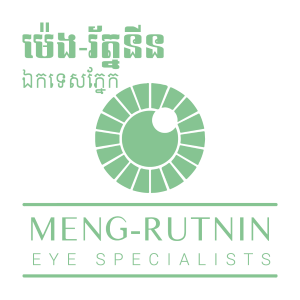
Diabetic Retinopathy (RD) is a condition occurring in persons with diabetes, which causes progressive damage to the retina, the light sensitive lining at the back of the eye. It is a serious sight-threatening complication of diabetes.
Risk Factors:
Diabetic Retinopathy is classified into 2 types:
Signs and Symptoms:
Complications: DR leads to abnormal growth of new vessels which will lead to visual complications such as:
How common is Diabetic Retinopathy?
Treatment:
A course of photocoagulation usually involves one or more visits to a laser treatment clinic. An ophthalmologist will carry out the procedure, which is usually available on an outpatient basis. This means you will not have to stay in hospital overnight.
Before the procedure, you will be given a local anaesthetic to numb the surface of your eye and eye drops to widen your pupils. A special contact lens will be placed on your eye to hold your eyelids open and allow the laser beam to be focused onto your retina.
Small laser beams will be aimed at the damaged area of your retina. These will seal any blood vessels that are leaking and destroy any abnormal blood vessels that have grown in your retina.
Photocoagulation is not usually a painful procedure but you may feel a sharp pricking sensation when certain areas of your retina are being treated.
If you have had laser treatment in the past, you may experience some discomfort during the treatment. If this is the case, you may wish to ask your doctor for stronger painkilling medication or a mild sedative.
Intravitreal anti-VEGF injections are given by an ophthalmologist on an outpatient basis. A few days before the procedure, you will be given antibiotic eye drops to help prevent infection.
Before the procedure, your eye and the skin around it will be cleaned and the area around your eye will be covered with a drape to keep it sterile (free of infection). A small clip will be used to keep your eye open during the procedure.
You will be given local anaesthetic eye drops to numb your eye so you do not feel any pain during the injection. Medication will be injected into your eye which stops the damaged blood vessels in your eye leaking.
